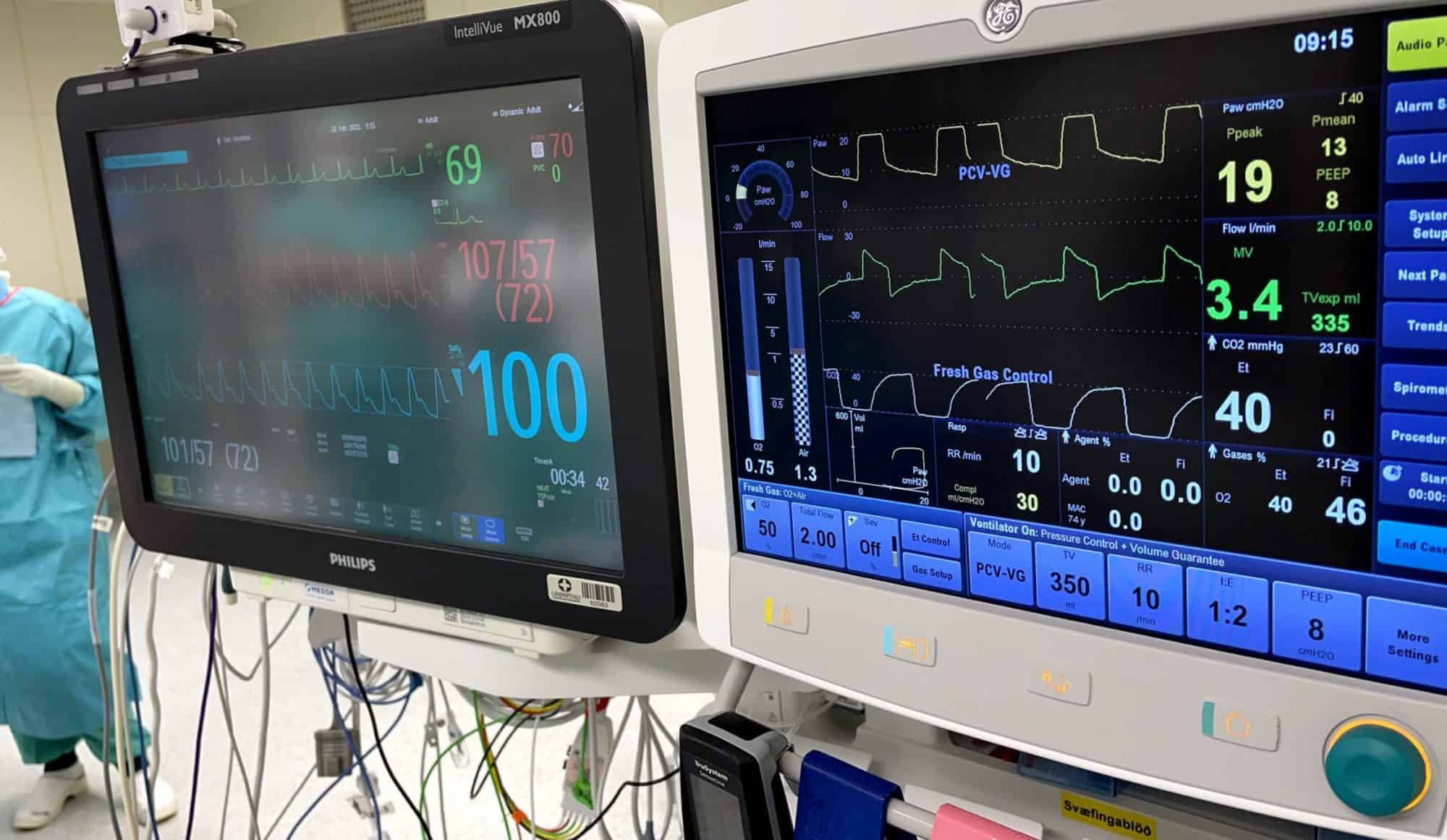Infection Control – Core Learning Outcomes
* To understand the need for infection control processes
* To understand types of infections contracted by patients in the clinical setting
* To understand and apply most appropriate treatment for contracted infection
* To understand the risks of infection and be able to apply mitigation policies and strategies
* To be aware of the principles of surgical antibiotic prophylaxis
* The acquisition of good working practices in the use of aseptic techniquesReturn to top
Knowledge
- IF_BK_01 Identifies the universal precautions and good working practices for the control of infection including but not limited to:
- * Decontaminate hands before treating patients; when soap and water hand wash is appropriate; when alcohol gel decontamination is appropriate
- * The use of gloves
- * The use of sterilised equipment
- * The disposal of used clinical consumables [single use and reusable]
- IF_BK_02 Lists the types of hospital acquired infections and identifies the precautions needed to reduce their transmission
- IF_BK_03 Recalls/discusses the concept of cross infection including:
- * Modes of cross infection
- * Common cross infection agents
- IF_BK_04 Recalls/explains the dynamics of bacterial and viral strain mutation and the resulting resistance to antibiotic treatment
- IF_BK_05 Explains the need for antibiotic policies in hospitals
- IF_BK_06 Recalls/discusses the cause and treatment of common surgical infections including the use of but not limited to:
- * Antibiotics
- * Prophylaxis
- IF_BK_07 Recalls/lists the types of infection transmitted through contaminated blood including but not limited to:
- * HIV
- * Hepatitis B and C
- IF_BK_08 Discusses the need for, and application of, hospital immunisation policies
- IF_BK_09 Recalls/explains the need for, and methods of, sterilisation
- IF_BK_10 Explains the Trust’s decontamination policy and its application
- IF_BK_11Explains the principles and practice of using prophylactic antibiotics
Skills
- IF_BS_01 Identifies patients at risk of infection and applies an infection mitigation strategy
- IF_BS_02 Identifies and appropriately treats the immunocompromised patient
- IF_BS_03 Administers IV antibiotics taking into account and not limited to:
- * Risk of allergy
- * Anaphylaxis
- IF_BS_04 Follows local infection control protocols and uses aseptic techniques when necessary
- IF_BS_05 Demonstrates the correct use of disposable filters and breathing systems
- IF_BS_06 Demonstrates the correct use and disposal of protective clothing items including but not limited to:
- * Surgical scrubs
- * Masks
- * Gloves
- IF_BS_07 Dispose of clinical consumable items correctly [single use and reusable]
